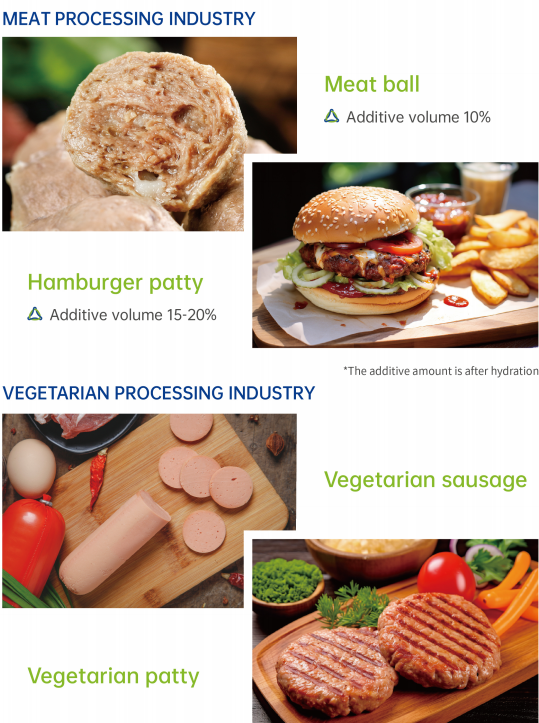Textured Vegetable Protein Industry News

21Food Online Expo OPEN NOW-BaiChuan Bio
2020年7月27日
The snack packaging has serrations and cannot be torn open. What’s going on?
2024年8月23日In recent years, with the increasing global focus on healthy and sustainable diets, the textured vegetable protein (TVP) industry has experienced rapid development. TVP, a high-protein product made from plant materials such as soybeans, wheat, or peas, is widely used in vegetarian and plant-based foods as an alternative to traditional animal proteins. Here are some of the latest developments in the TVP industry:
Market Growth and Trends
- Increasing Market Demand: As health awareness rises and vegetarianism becomes more popular, more consumers are opting for TVP products. According to market research, the global TVP market is expected to maintain double-digit growth rates in the coming years.
- Innovation and Technological Advancements: Technological advancements have driven the diversification and improved texture of TVP products. For example, through advanced extrusion technology, companies can produce TVP with better texture and flavor, further increasing consumer acceptance.
Key Industry Movements
- Corporate Expansion and Acquisitions: Several major food companies have increased their investments in the TVP sector. For instance, a large food corporation recently announced the acquisition of a startup specializing in plant-based foods, aiming to expand its market share in the TVP industry.
- New Product Launches: Major brands are launching innovative products to meet diverse consumer needs. For example, a well-known brand recently released a new line of TVP products, including burger patties, sausages, and chicken nuggets, which have been well-received in the market.

Challenges and Opportunities
- Supply Chain Challenges: Despite strong demand, supply chain issues remain a significant challenge for the TVP industry. Fluctuations in raw material supply and rising production costs may impact the industry.
- Sustainable Development: The potential for sustainable development in the TVP industry is significant. Since the production of plant-based protein has a smaller environmental impact compared to animal protein, companies can further enhance the environmental benefits of their products by optimizing production processes and reducing carbon footprints.

Policies and Regulations
Governments around the world are increasingly supporting plant-based foods through various policies. For example, the European Union and the United States have introduced a series of policies to encourage the development of plant-based foods, including tax incentives and research subsidies. These policies provide strong support for the development of the TVP industry.

Conclusion
The TVP industry is in a phase of rapid development. The increasing market demand, technological advancements, and policy support provide a broad outlook for the industry. However, companies must address challenges such as supply chain and production costs to remain competitive. In the future, with the launch of more innovative products and the further enhancement of consumer awareness, the TVP industry is expected to achieve even greater success.

